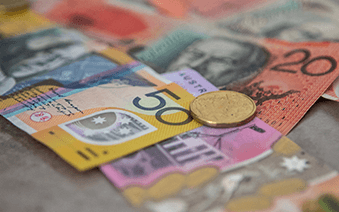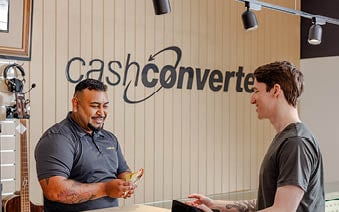The landscape of environmental practices can sometimes feel like a tangled web of jargon. Green living words can be confusing. We care about sustainability, but are the circular economy and green economy friends or distant relatives?
So, you've heard a lot about green living in Australia, and now someone has thrown in the term circular economy. Are they like two peas in a pod or more like chalk and cheese?
A circular economy focuses on the plan to use things wisely and create less waste. ‘Green’, on the other hand, is a bit of an all-rounder term, covering everything from solar panels to compostable coffee cups. It’s a big word that comes with lots of eco-friendly ideas – like using metal straws rather than plastic ones, carrying a tote bag for your groceries, not taking long showers, or buying second-hand.
In a nutshell, the green economy is about being environmentally friendly while doing business as usual, and the circular economy is about changing the whole game by making sure everything gets used again and again. Both are ways to make our world more sustainable.
It’s important to know that a circular economy can fit into a green economy, but the other way around might not work.

Figuring out if a business is circular or green sometimes feels like you need to don the hat of an eco-detective. This is the reason some find it hard to know where to start. But being greener doesn’t mean being perfect – it’s a work in progress and every step counts.
Some businesses may say they’re green without actually being environmentally friendly. Known as greenwashing, it's a tactic that businesses use that's not hard to spot. Some businesses say they are eco-friendly to lure customers who care about the environment, but not all are truly green. Many people shout the loudest when they’re not doing the work behind the scenes, and it's more common than you think.
Third-party comments, reviews, and certifications can give you insights into a company's environmental commitment. Everyday folks can be a vocal bunch. This can help when you need information about certain things, and you can always trust the public to be honest behind their screens. Nowadays, people are quite quick to jump at the chance to voice their opinions online or call out flaws – use this to your advantage.
Dig into a company's practices, policies, and initiatives. If you suspect a business of greenwashing, keep an eye out by researching and buying from the right ones. Transparency is often a good indicator of whether a company is genuine about its environmental impact.
Ethical shopping guides can be a great starting point to see if a particular brand or business has a good green rating. They don’t have to sit on the perfect rating scale, but it does help to know which companies you should be avoiding. By doing this, you’ll see why and how some companies rank greener than others. Search for ethical business examples or green companies to kick off your deep dive.
Remember, neither you nor a business can reach 100% sustainability. It’s a lofty goal, but striving to be circular or greener is where the bigger picture lies.
Notice that the keyword here is ‘strive’ – because the journey to a better world is to be greener, and to be greener means striving to change lifestyle habits and your mindset. The same goes for businesses, so we can’t fault them for not having 100% green practices.
What’s important is transparency, honesty, and whether the business is on a greener path that contributes to a circular economy.
Between being green and the circular economy, both have a shared challenge of reaching absolute sustainability. However, both also contribute to the main aim of reducing waste and creating a sustainable world. They’re like teammates in a match – different positions but working together to kick goals.
By understanding their unique roles in the eco-game and picking businesses because of their genuine practices, we can hope for a future where environmental responsibility is a shared priority.
The choice between a green or circular economy depends on how much we work together to overcome these sustainability challenges.
Find out more about the circular economy in Australia.

Answering your questions about loans and staying savvy

Get more bang for your buck with these handy tips.

Need some advice that’s not about cash? We can help.